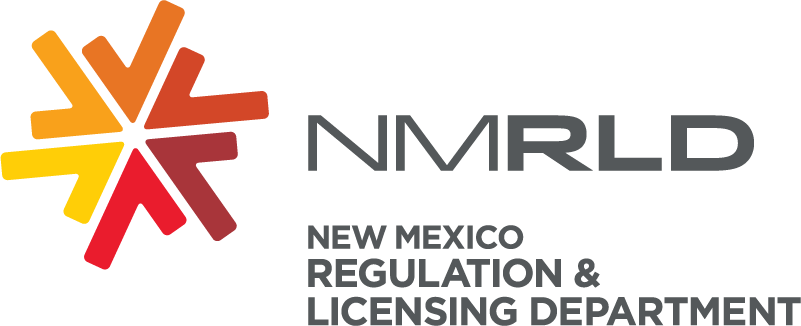
We have been made aware that unauthorized individuals are sending fraudulent emails impersonating employees of the NMRLD.
These spoofed messages may appear to come from official email addresses or use official job titles. Please be cautious of any message that seems unusual, requests confidential information, demands immediate action, or contains unexpected links or attachments. Always verify the sender’s actual email address by hovering over the sender’s name before responding or taking action.
If you have concerns about an email sent to you, you may contact the RLD employee directly using our official staff directory.

